On Saturday, March 22, 2025, the AJAN AHAPPY Club at Alfajiri College in Bukavu, Democratic Republic of the Congo, successfully hosted a conference on “Sexuality in Africa: Its Taboos and Consequences – A Medical Perspective.” The event brought together students, invited guests, representatives from Web Watchmen, Ambassadors of Peace, and the U-Reporter structure. Its primary aim was to educate young students on sexuality, with a specific focus on HIV and AIDS awareness and prevention.
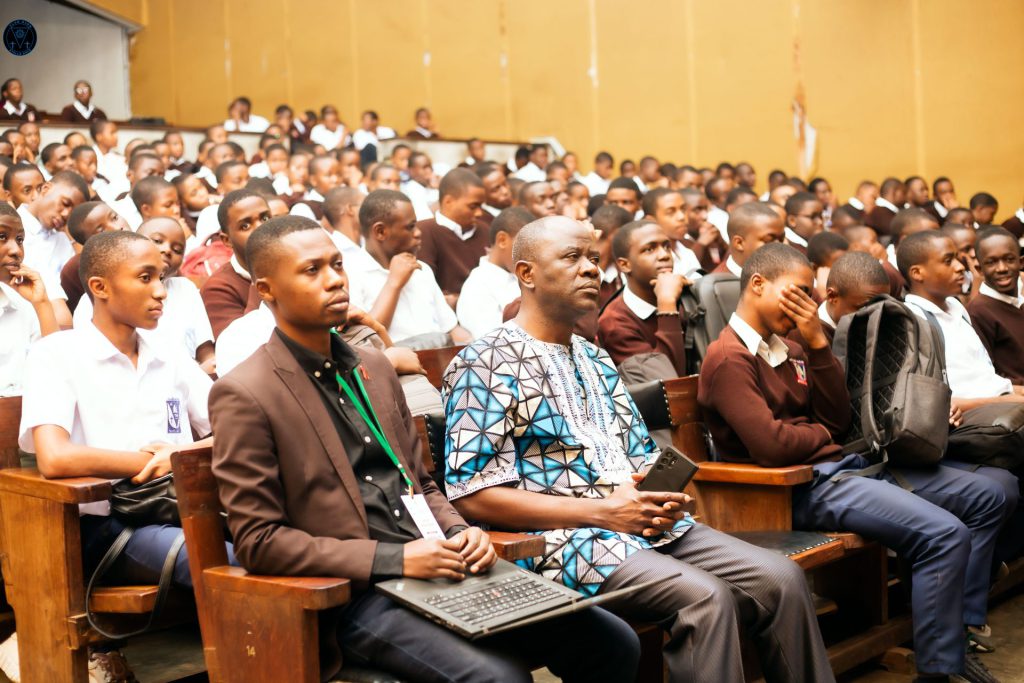
Taboos act as cultural safeguards, setting moral boundaries on life, sexuality, and hierarchy. However, the desire of young people to seek independence and answers is creating a generational clash. Technology, by breaking down traditional barriers, exposes unfiltered discussions on sexuality and identity. While this opens up opportunities, it also raises concerns. The conference addressed these issues by clarifying taboos, sexuality, and AIDS while exploring possible solutions.
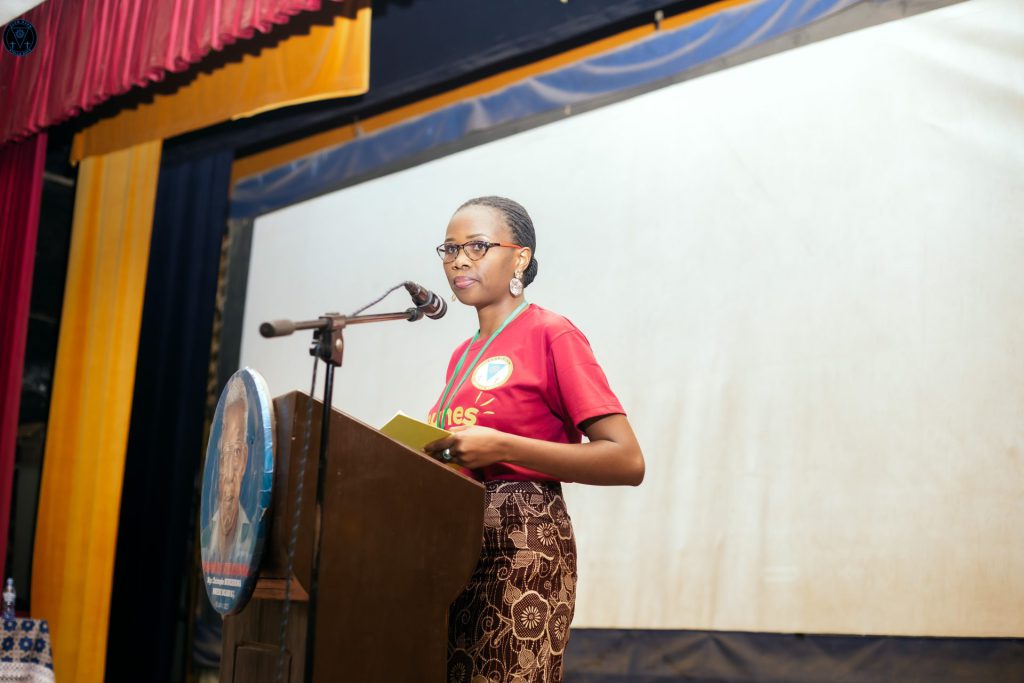
The conference began with Mrs. Maguy, an English teacher at Alfajiri College and a member of the AJAN Club, who welcomed the attendees. She then invited Rev. Fr. Rector Dieudonné TIKA to lead the gathering in prayer.
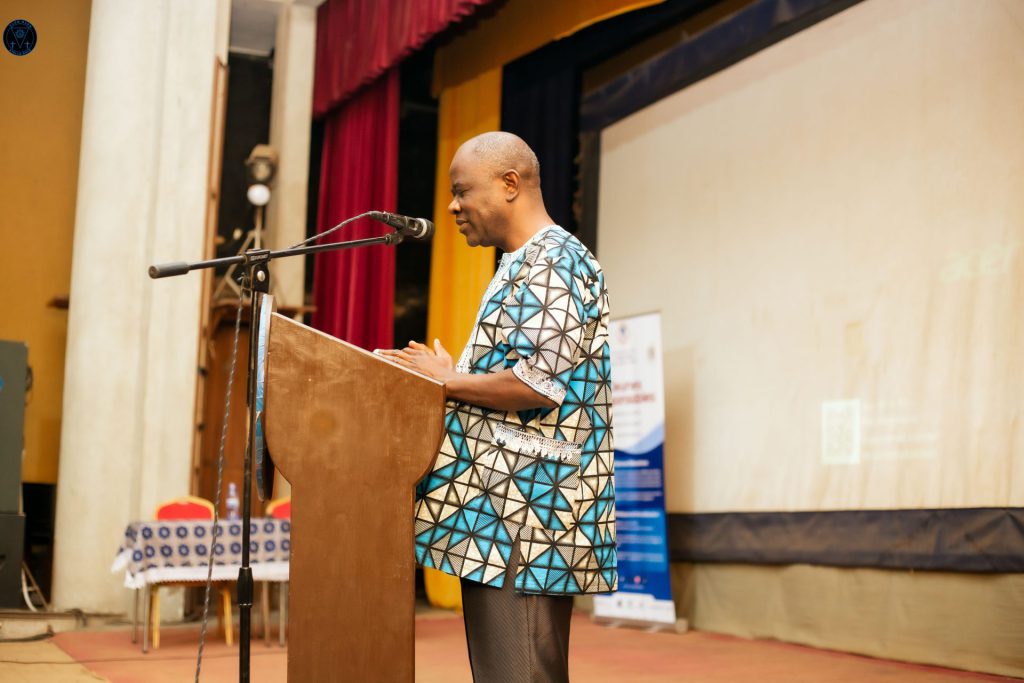
Fr. Chisa, a Jesuit priest and medical student at the Catholic University of Bukavu, was the first speaker of the day. He discussed societal taboos and the disparities in how boys and girls are educated about sexuality. He highlighted that while mothers guide young girls on personal hygiene, social conduct, and bodily changes, boys often lack structured guidance, leaving them to self-educate, which can lead to misconceptions and harmful behaviors.
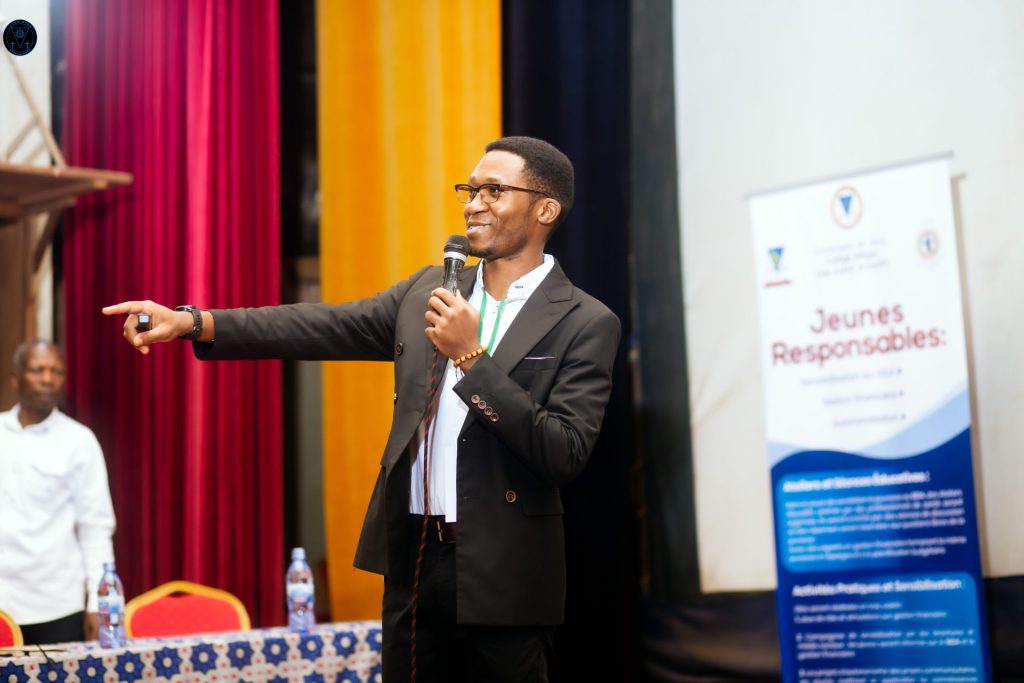
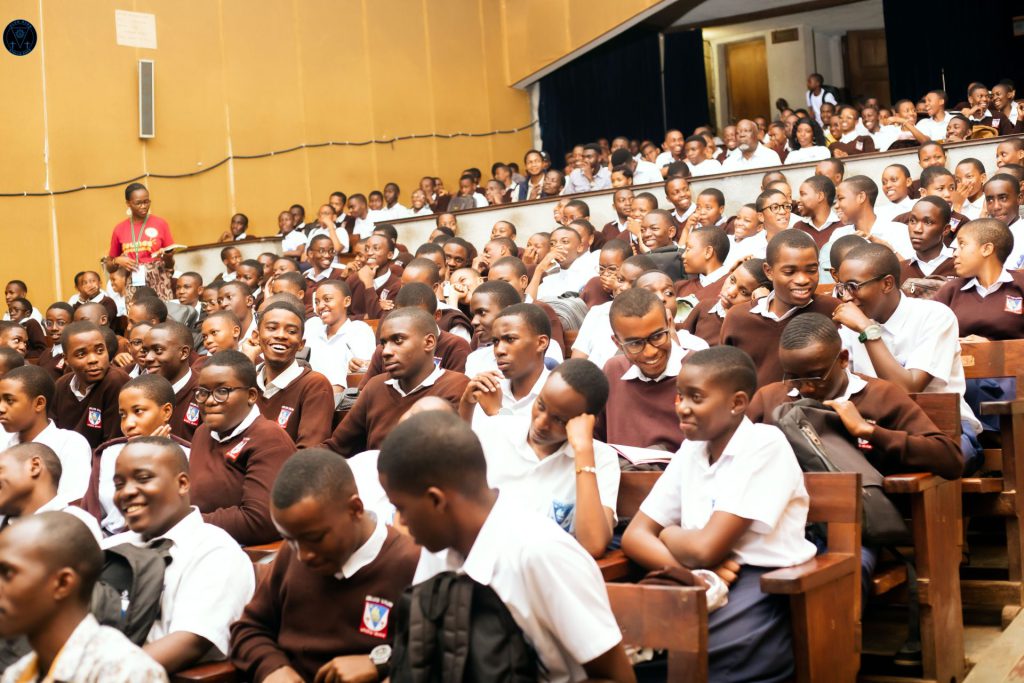
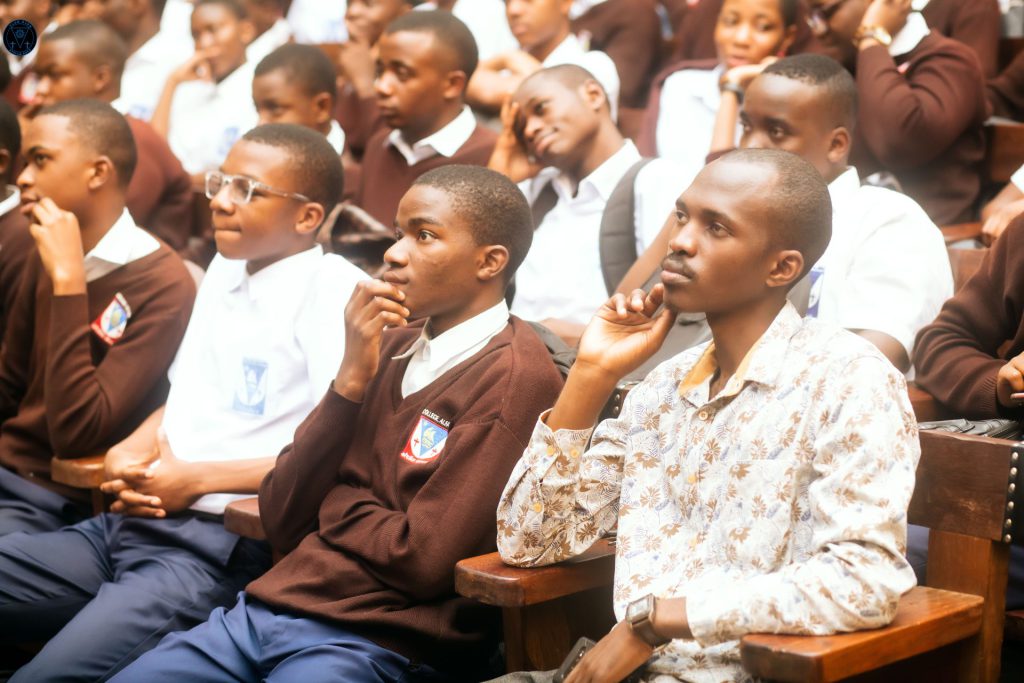
Fr. Chisa emphasized the dangers of inadequate sex education, noting that ignorance can contribute to issues such as homosexuality (in some contexts), pedophilia, and other sexual deviations. He stressed the need for comprehensive sex education to prevent these outcomes and reduce risks like unwanted pregnancies, abortions, and sexually transmitted diseases.
He also addressed the erosion of cultural values due to Western influence, linking it to the rise of hyper-sexualization in society. He encouraged young people to embrace and uphold their cultural traditions to preserve the authenticity of African identity. Lastly, he advocated for open discussions about sexuality, urging young people to seek guidance from parents or responsible adults rather than relying on misinformation from unreliable sources.
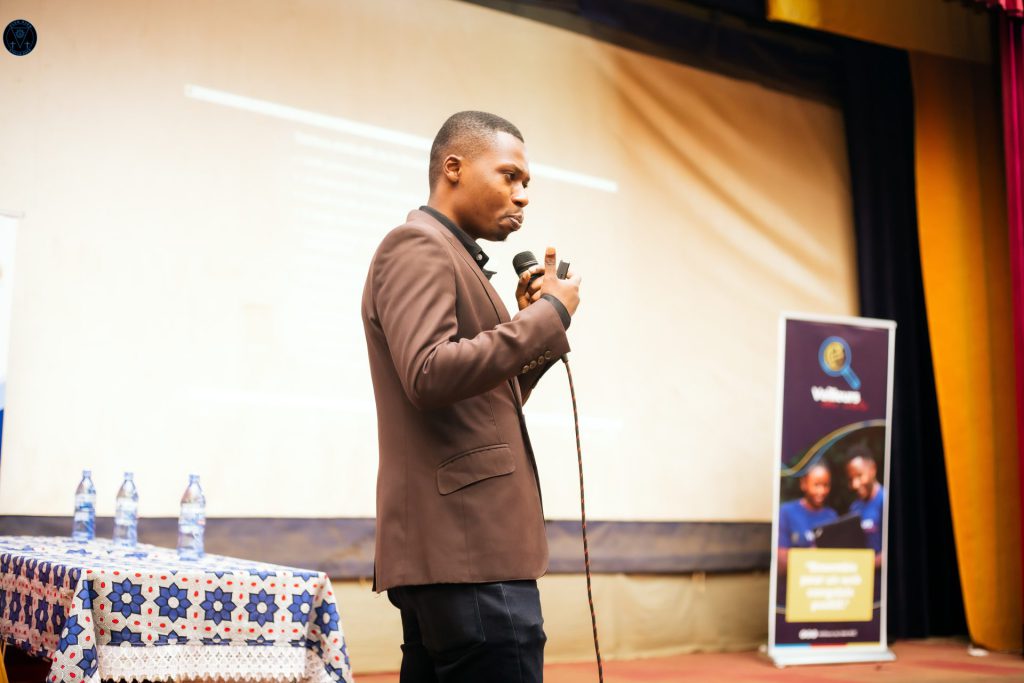
The second speaker, Mr. Bienvenu, a representative of the PNMLS (National Multisectoral Program for the Fight against AIDS), presented HIV statistics for South Kivu in 2023. He debunked common myths about AIDS and explained the various modes of transmission, emphasizing key risk factors.
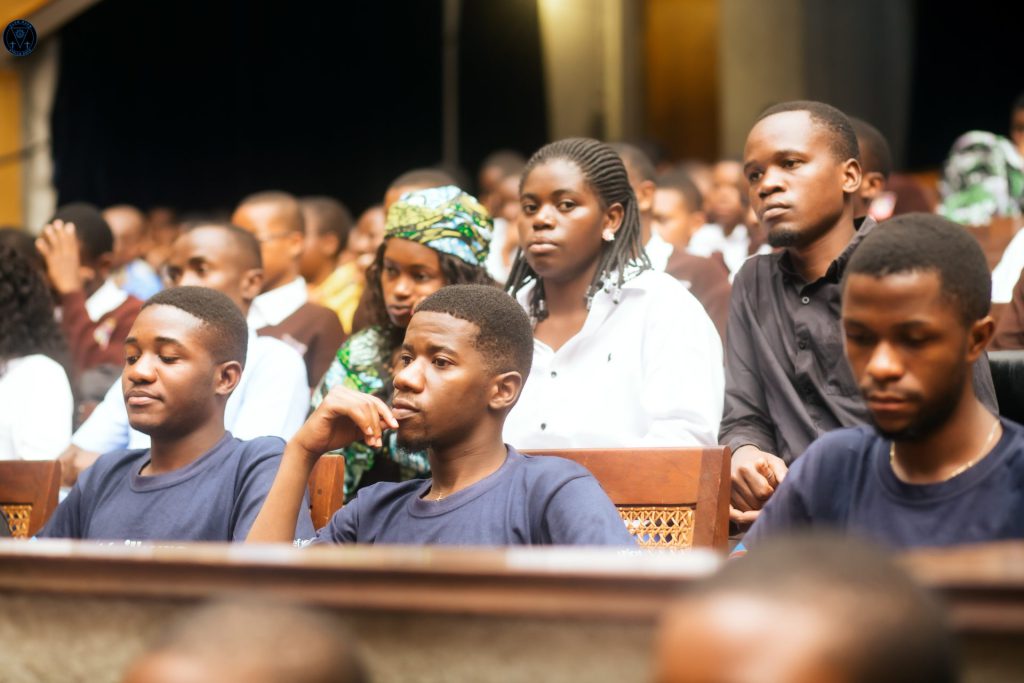
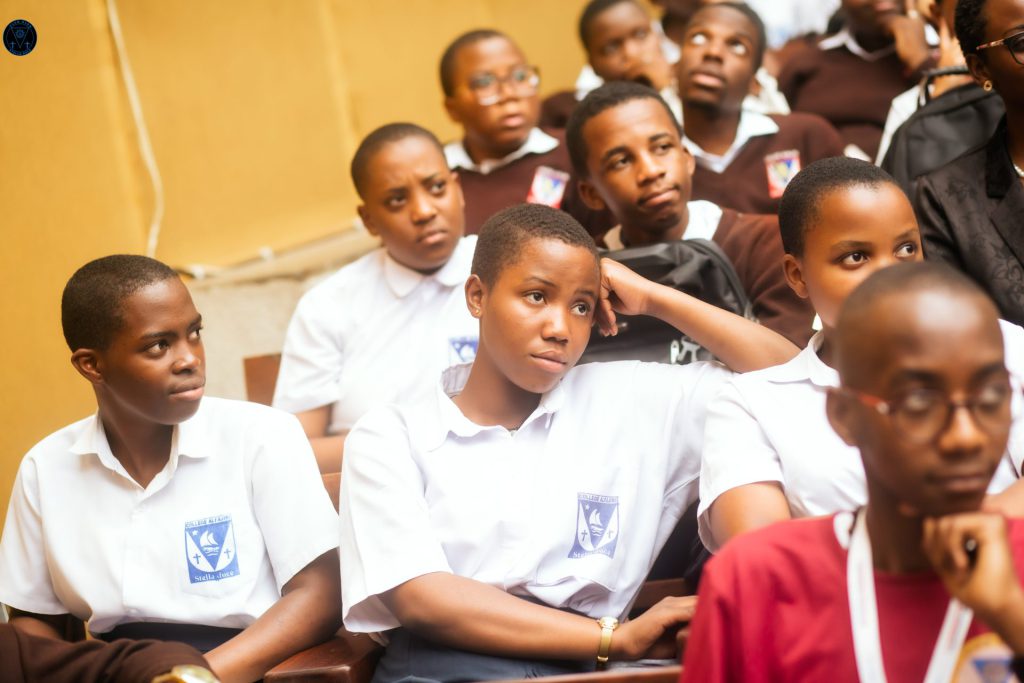
Mr. Bienvenu also discussed AIDS within the framework of the 95-95-95 project, a global initiative aimed at eradicating the disease by 2030. He shared critical HIV statistics for South Kivu and engaged with the audience on pressing concerns. Young participants raised thought-provoking questions, including the implications of romantic relationships and cultural views on homosexuality.
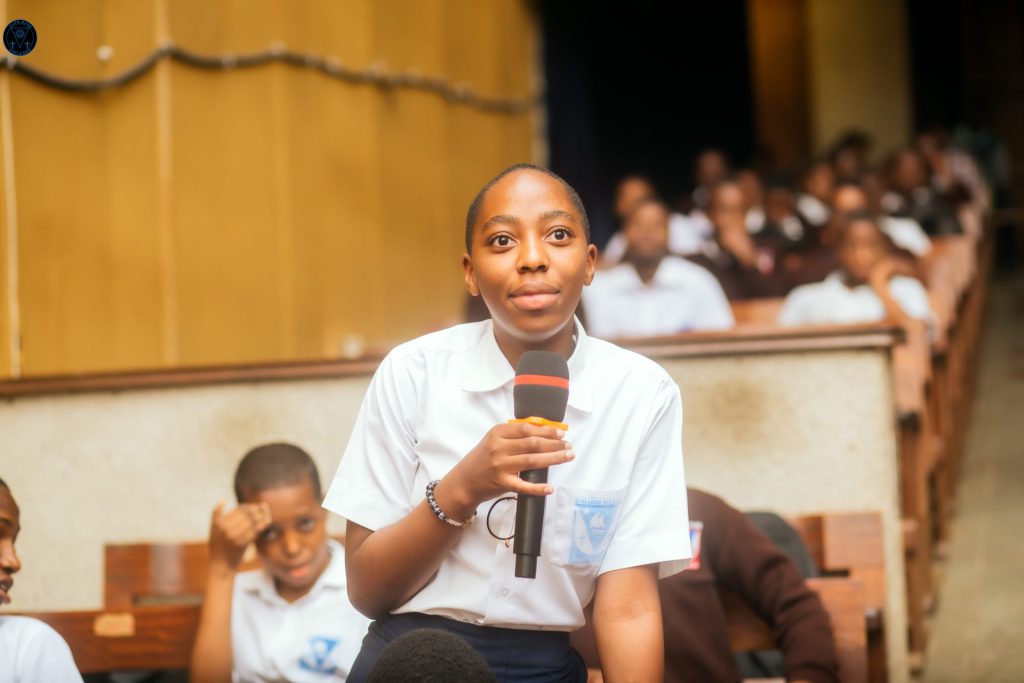
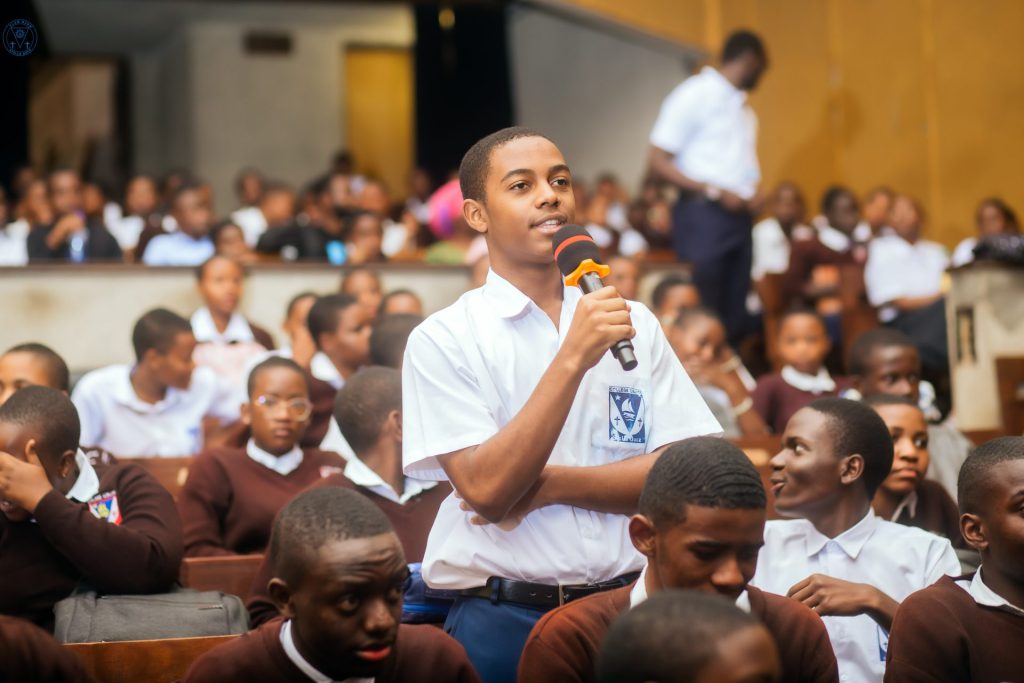
He concluded by encouraging young people to remain vigilant and use the knowledge gained from the session to make informed decisions about their health.
Arnold, a 4th-year B.S. Humanities student at Alfajiri College, shared his thoughts on the conference. He expressed that the topic of the lecture was particularly relevant to him, stating, “It is the first time I have been talked to openly about such a topic without feeling ashamed.” He emphasized that such discussions are rarely addressed in their society and that revisiting the topic would be crucial for young people to better understand themselves and become more self-responsible.
When asked about specific elements that should be revisited, Arnold highlighted the spread of HIV, which he noted is still a significant concern in their province. He explained, “There are many unknown cases, with people unknowingly spreading the virus,” and stressed that further discussion on the topic could encourage individuals to get tested and know their health status.
Reflecting on the conference’s impact, Arnold shared, “Yes, this conference really helped me. I now know how HIV spreads and how I can avoid it. I’ve learned a lot, including how to protect myself if I engage in sexual relations, while avoiding contracting the disease.”
Arnold expressed interest in joining the AJAN AHAPPY Club, saying, “Yes, I would like to join because it’s an instructive club. Even if I don’t succeed, I could encourage others to get tested.” He concluded by expressing his appreciation, saying, “It’s a very good club.”
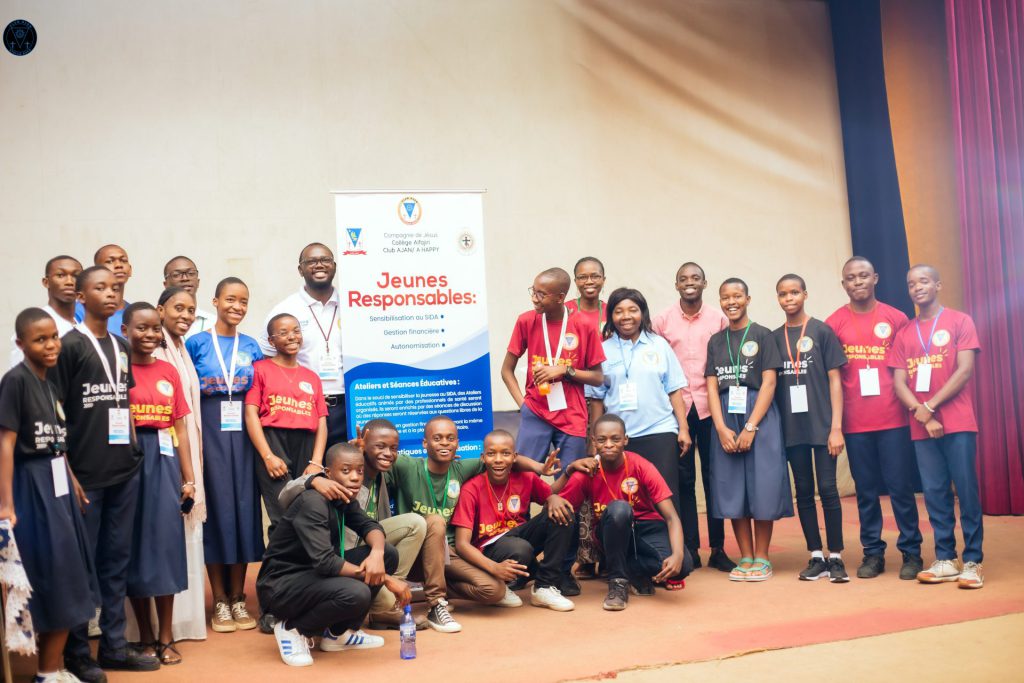
Igilima mulungula Audrey, a 4th-year student at Alfajiri College, shared her thoughts on the conference and its relevance. He expressed, “Yes, it’s a pretty relevant topic for us young people, as we are growing up in an African society where talking about sexuality is really taboo. It’s not often discussed in our families, so it was a pleasure to learn that our educators can address it more openly.”
When asked what topics should be introduced to young people to encourage personal responsibility regarding AIDS and sexuality, Audrey emphasized the importance of self-awareness and understanding one’s environment. She also mentioned pornography as a critical issue affecting today’s youth, noting, “According to studies, children as young as 13 have access to pornographic sites, which is damaging to youth and distorts their understanding of sexuality. Young people no longer take sexuality with the importance it had before.”
Reflecting on how the conference helped him, Audrey stated, “Yes, this conference really educated me and helped me to know myself. I learned about the LGBTQ+ community, which includes bisexual, lesbian, and transgender people, and it was a valuable addition to my personal knowledge.”
Regarding joining the AJAN Club, Audrey shared, “Yes, I think in the near future I will be a member of the AJAN Club because it helps young people a lot, especially in personal development, and contributes to creating a more supportive society in the future.” She concluded with a sincere thanks, saying, “Thank you very much.”
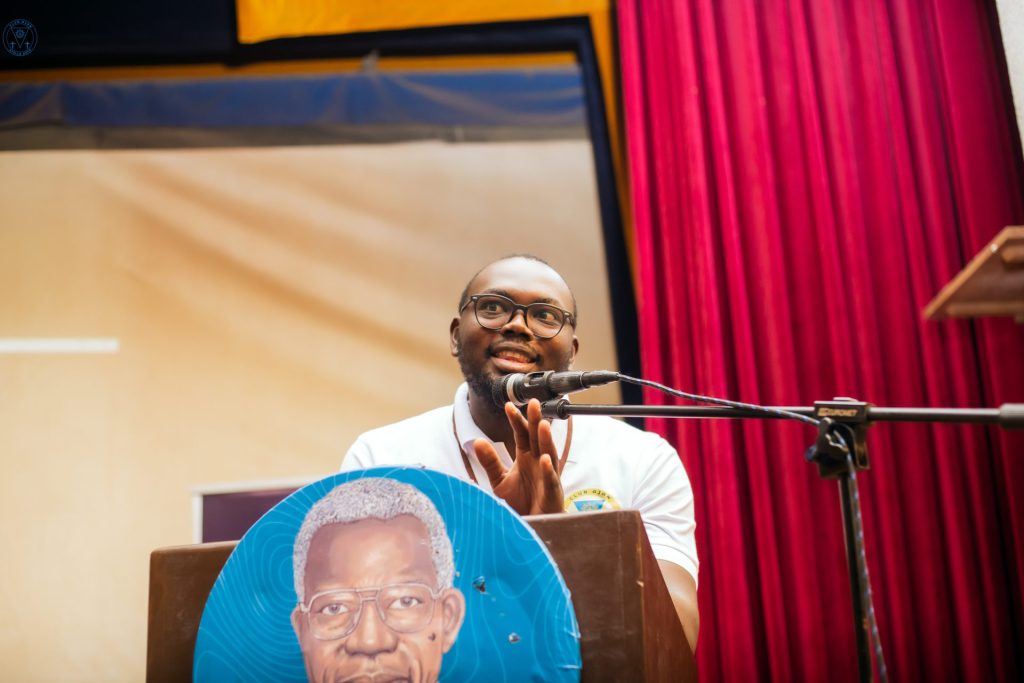
Speaking at the end of the conference Fr. Christian Mudiandambu Kangabuka, a Jesuit priest and teacher at Alfajiri College, shared his thoughts on the AJAN AHAPPY Club and its impact on the youth in Bukavu. He explained, “The club, which originated as part of the African Jesuit AIDS Network, addresses various issues beyond AIDS, including societal taboos and the relationship young people have with money.” Fr. Christian noted that many young people lack structured guidance, particularly in navigating difficult topics, which often leads them to social networks for answers.
He expressed his desire for the club to empower students by teaching them “the reasons behind certain taboos, helping them make responsible choices.” He believes that by educating students, the club can eventually influence families, the province, and even the nation, although he acknowledged the challenge of reaching the entire population. Father Christian emphasized the importance of instilling new values in young people to help them grow and reach their potential. He is optimistic about the club’s future impact, saying, “With the right guidance, the goals of the club can be achieved, as it is part of the natural process of personal growth.”
By, Fr. Christian Mudiandambu Kangabuka SJ.,
Alfajiri College, Bukavu DRC.

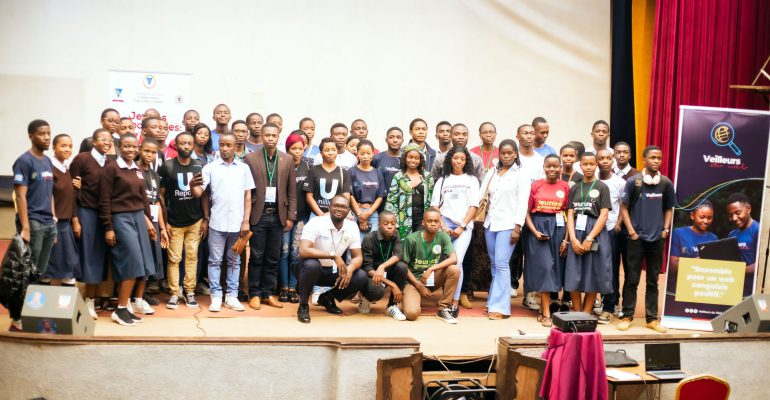
Comments are closed.